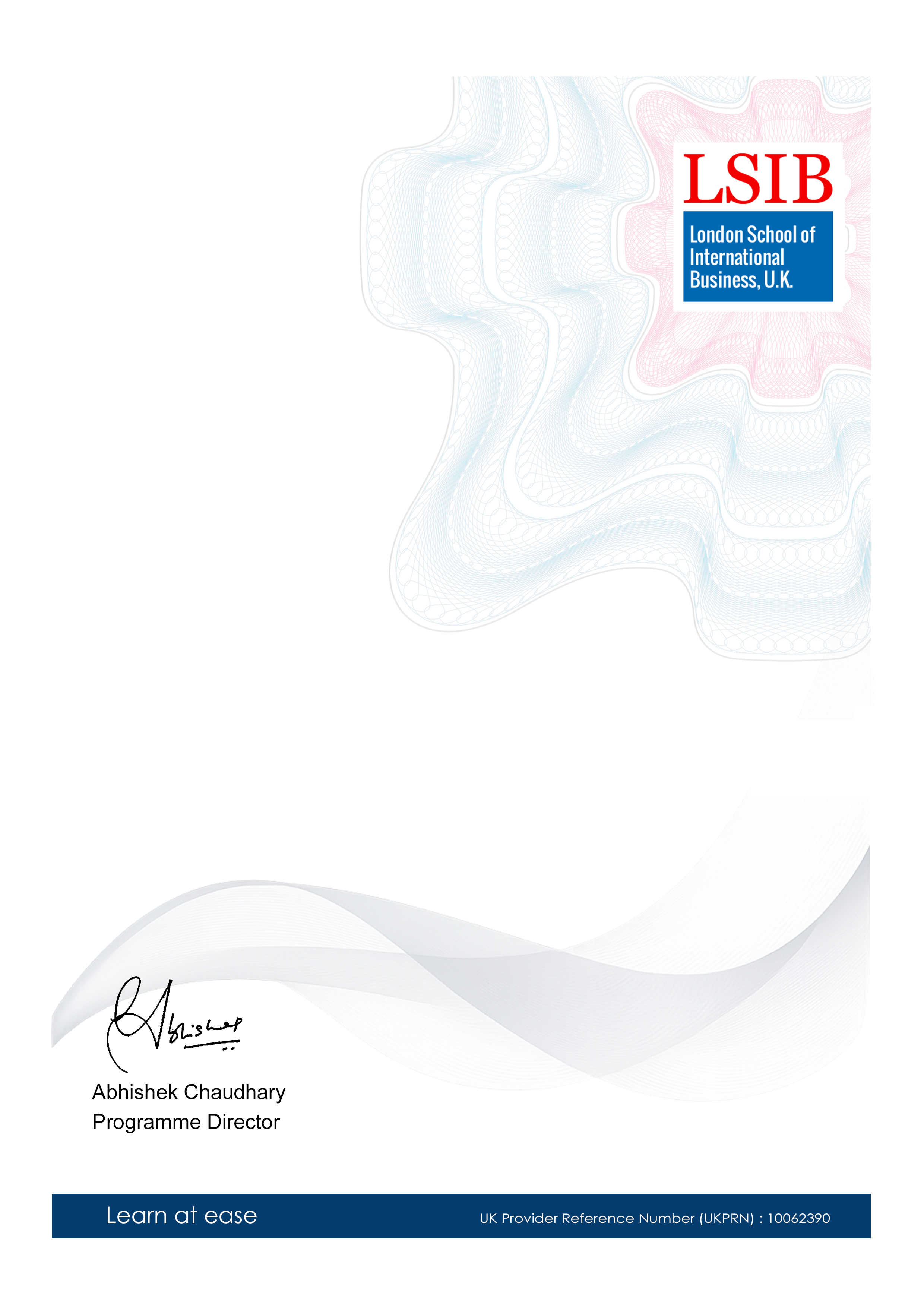Fashion Archiving for Fashion Sociology
-- viewing nowFashion Archiving plays a crucial role in Fashion Sociology, preserving the cultural and historical context of clothing. By analyzing trends, designers, and consumer behaviors, fashion archiving helps us understand how societal changes influence style.
5,007+
Students enrolled
GBP £ 140
GBP £ 202
Save 44% with our special offer
About this course
100% online
Learn from anywhere
Shareable certificate
Add to your LinkedIn profile
2 months to complete
at 2-3 hours a week
Start anytime
No waiting period
Course details
• Material Culture and Fashion Objects
• Fashion and Identity: A Sociological Perspective
• Archival Methods and Practices in Fashion
• Digital Preservation of Fashion Archives
• The Role of Fashion in Social Movements
• Fashion Trends and Societal Change
• Gender, Race, and Class in Fashion History
• Ethical Considerations in Fashion Archiving
• Case Studies in Fashion Archive Management
Career path
Fashion Designer
Creative professionals who conceptualize and create clothing, accessories, and footwear, often utilizing advanced design software.
Fashion Buyer
Responsible for selecting and purchasing apparel and accessories for retail, analyzing consumer trends and sales data to make informed decisions.
Fashion Merchandiser
Focuses on the planning and promotion of fashion products to maximize sales, often collaborating closely with designers and retailers.
Fashion Marketing Specialist
Develops marketing strategies and campaigns to promote fashion brands and products, utilizing social media and digital marketing techniques.
Fashion Stylist
Works with clients or brands to curate and create outfits for events, photoshoots, or fashion shows, emphasizing current trends and aesthetics.
Fashion Photographer
Captures high-quality images of fashion products and models, contributing to lookbooks and advertising campaigns, with a strong eye for detail.
Fashion Journalist
Writes articles and reports on fashion trends, events, and personalities, often working for magazines, blogs, or online platforms.
Textile Designer
Creates designs and patterns for fabrics, often collaborating with apparel designers to ensure alignment with seasonal trends and consumer preferences.
Entry requirements
- Basic understanding of the subject matter
- Proficiency in English language
- Computer and internet access
- Basic computer skills
- Dedication to complete the course
No prior formal qualifications required. Course designed for accessibility.
Course status
This course provides practical knowledge and skills for professional development. It is:
- Not accredited by a recognized body
- Not regulated by an authorized institution
- Complementary to formal qualifications
You'll receive a certificate of completion upon successfully finishing the course.
Why people choose us for their career
Loading reviews...
Frequently Asked Questions
Skills you'll gain
Course fee
- 3-4 hours per week
- Early certificate delivery
- Open enrollment - start anytime
- 2-3 hours per week
- Regular certificate delivery
- Open enrollment - start anytime
- Full course access
- Digital certificate
- Course materials
Get course information
Earn a career certificate

